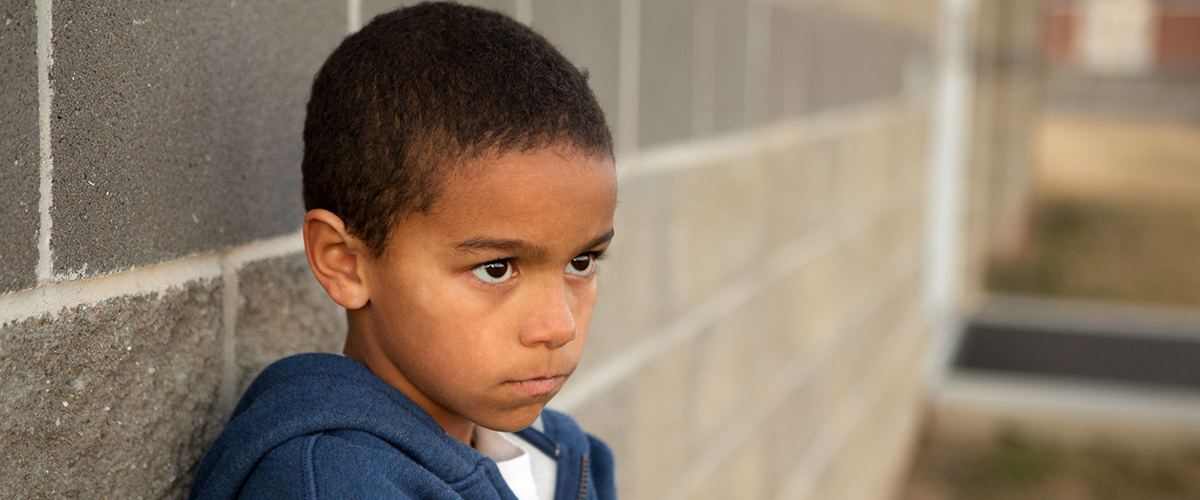
Understanding Challenging Behaviors: What Your Child Is Really Trying To Tell You
Jennifer, a mom of two, was standing at the kitchen counter slicing an apple for her son Michael when she heard a horrendous banging noise coming from the other side of the room. She immediately turned around to see her son smashing the door of the refrigerator with a baseball bat. “Stop! Stop!” she screamed as she wrestled the bat away from her child and subdued him on the kitchen floor. Michael was 4 years old. He was angry because his mother was about to serve him an apple instead of the banana he wanted.
Most parents experience frustration from time to time when it comes to managing their child’s behavior, but fewer know the heartache of dealing with this type of extreme outburst. For many parents, the first response is to lash out at the child, raise our voices, and deliver swift punishment. This may stop the immediate behavior, but it probably won’t address any underlying issues that may have caused the behavior in the first place. Extreme behavior can be a sign that the child has a mental health need.
When it comes to understanding challenging behavior in young children, we can’t assume that what a child does and why a child does it are always related. The incident in Jennifer’s kitchen wasn’t Michael’s first outburst. He was constantly battling with his older brother — arguments that often escalated into punching, kicking, and biting. Michael had been asked to leave several pre-schools, and Jennifer had a hard time keeping babysitters. She had never experienced anything like this with her first child.
Before you reach your wit’s end, there is much you can do. The key is to think differently about behavior.
Here are four important things to consider the next time your child has an outburst:
1. Behavior Has Meaning
Before the incident in the kitchen, Michael had asked for a banana. He was told there were no bananas, but he could have an apple instead. Michael was obviously unhappy about this, but his reaction was likely fueled by not understanding why he couldn’t have what he wanted. Jennifer could have tried calmly reasoning with Michael a little more prior to the outburst, perhaps offering to take him to the store later in the week so that he could choose what type of fruit to buy.
2. Behavior Is an Attempt To Communicate
At age 4, children can often use words to have their needs met, but Michael had always struggled with language. He would sometimes become upset when he couldn’t find the right words and would have a tantrum. His behavior was his way of trying to have his needs met. To help Michael, Jennifer could try communicating with him in other ways, such as using pictures of common items he often wants.
3. Relationships Are Key To Managing Behavior
When trust is established between a parent and his or her child, children feel safer and more able to let the parent take over, even in difficult situations. Jennifer tried to not overreact to her son’s behaviors and had learned how to comfort Michael and respond in positive ways, but she sometimes became exhausted and emotionally drained.
4. Challenging Behavior Can Be a Sign That Your Child Needs Help — Don’t Be Afraid To Ask for Support!
Parents know their children best. Jennifer suspected there might be something more to Michael’s behavior, which was so radically different from that of her other child. Parents often feel anxious when they don’t know how to help their child with challenging behaviors — sometimes they are reluctant to seek professional help as a result — but Jennifer made an appointment with her pediatrician. A screening revealed that Michael was exhibiting symptoms similar to Attention Deficit Disorder. Knowing that the behavior may be a sign of an underlying mental health condition, Jennifer is learning how to support Michael and help manage his behaviors.
Have you had a situation like this with your child? What kind of challenging behaviors does he or she display? What’s working or not working when it comes to managing those behaviors?
